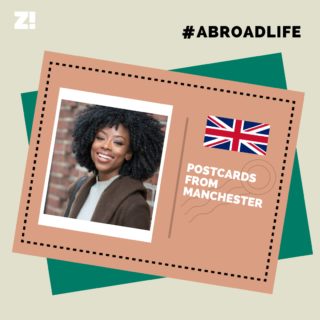The Nigerian experience is physical, emotional and sometimes international. No one knows it better than our features on #TheAbroadLife, a series where we detail and explore Nigerian experiences while living abroad.
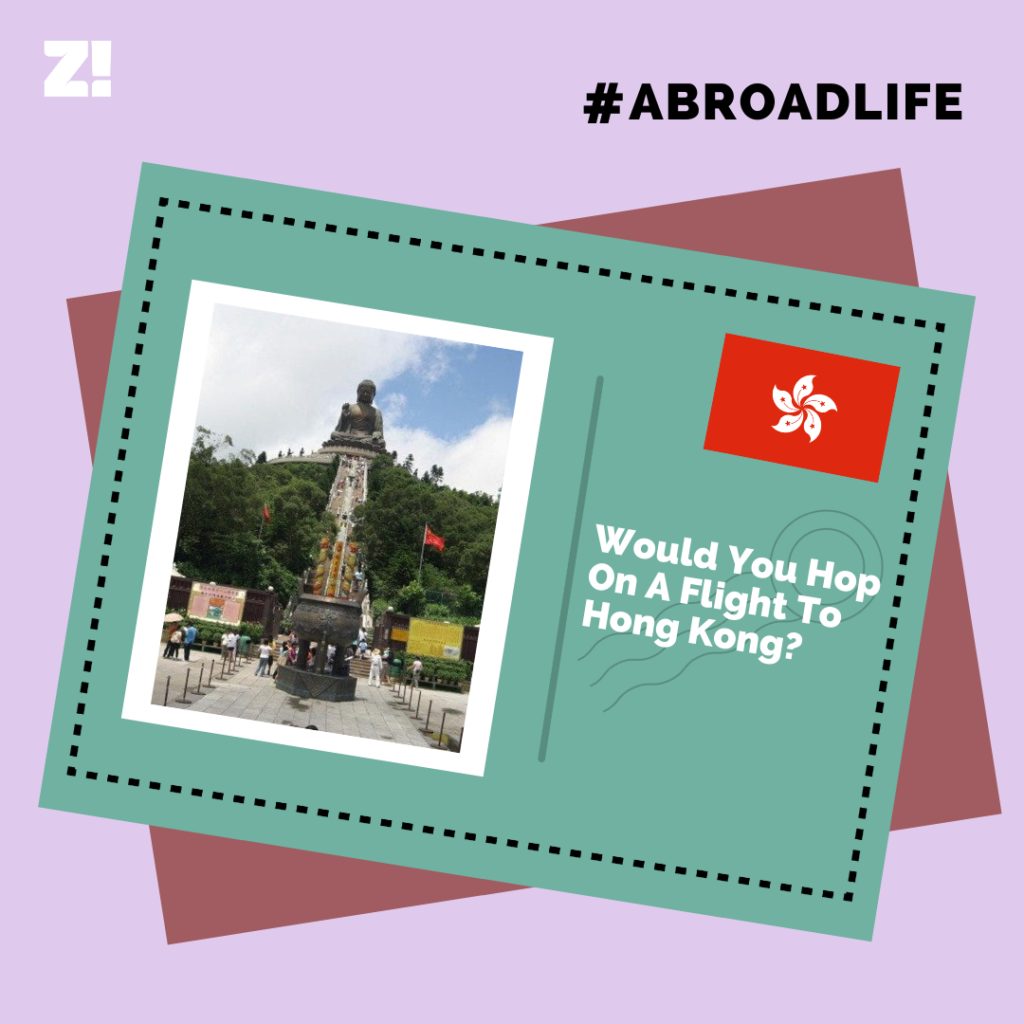
For reasons best known to me (I’m bored, wistful and stir crazy, stuck at home with two sexagenarians), I have been dutifully spending a large percentage (I can’t say how large, this is a work post) of my day, researching the first few abroads I plan on living in when this whole ordeal is over.

Would I go to Grenada? Where the beaches are surreal, the skies sublime and my chances of securing an island ting are increased by at least 200%.

Do I try out The UK? They gave us the English breakfast. I love their little accents when they rap tough and say ‘telly’. There’s also the gift of Adele.
But then again, their Prime Minister initially discounted the severity of the coronavirus. Since I’m basing a lot of my future journies on countries I’d be happy to be stuck in during a pandemic, I’m going to give the EU’s now removed family member, a hard pass.

Which brings me to Hong Kong. Since the start of the outbreak, I’ve noted three countries that made me wistful for exemplary leadership in a time of crisis – New Zealand, South Korea and Hong Kong. Now while I’ll eventually get to New Zealand and South Korea, I must now touch on the goodness that is Hong Kong.
Why Should You Visit Hong Kong?
Because this is more or less a journal entry for me, this title originally said ‘Why should Boyin visit Hong Kong?’, but that’s bad for SEO or whatever my editor always hammers into my head.

That said, Hong Kong is great and not so great for a number of reasons. Taking advantage of Obasanjo’s internet all the way from Lagos, here are the pros and cons of life in Hong Kong, I discovered from surprisingly detailed research:
Pros of Life in Hong Kong
Convenient public transportation
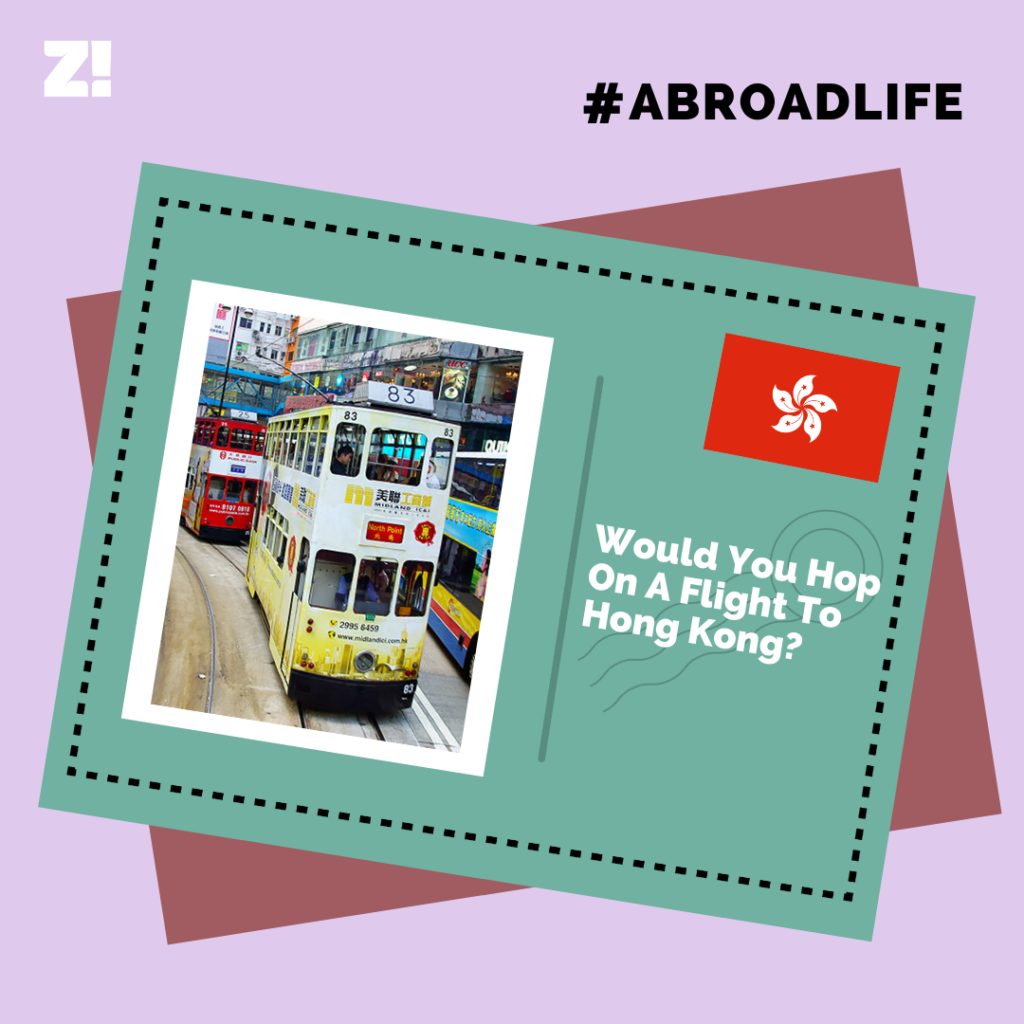
For someone who lives in a state whose transport options are road, more road, and maybe the occasional ferry (if you’re brave enough for it), a country with a multi-option transport system is pretty great.
They have subways (The MTR), a tram system that goes around the island, a ferry system that comes at a very reduced cost.
Buses with multiple routes. Trains, minivans, coaches and taxis (Ubers too!) ,which run efficiently for a large part of the day.
If that isn’t enough, Hong Kong is a major transit hub, you can go on tours to China, Thailand, Vietnam, Korea and Japan etc.
The Octopus Card
It might not have 8 tentacles, but the Octopus card’s functions are many numbered. With this card, you can not only access the entirety of Hong Kong’s transit system – buses, trains, trams, taxis etc; you can also use it to pay for groceries as well.
Can you imagine never needing to haggle with the conductor over your ₦50 change he’s trying o commandeer? Just imagine.
They speak a lot English!
If you’re English speaking and you’re thinking of making the move or visiting Hong Kong, you can save yourself the stress yourself watching YouTube language videos or getting harassed by my arch nemesis, Duo the owl on DuoLingo.
Most of Hong Kong has dual signage in both English and Cantonese. Service staff in shopping malls can also speak in English. English is almost as widely spoken as their native languages.
However, for life in more rural areas like Kowloon or The New Territories, learning little Cantonese could be helpful.
Hong Kong has a great outdoors scene
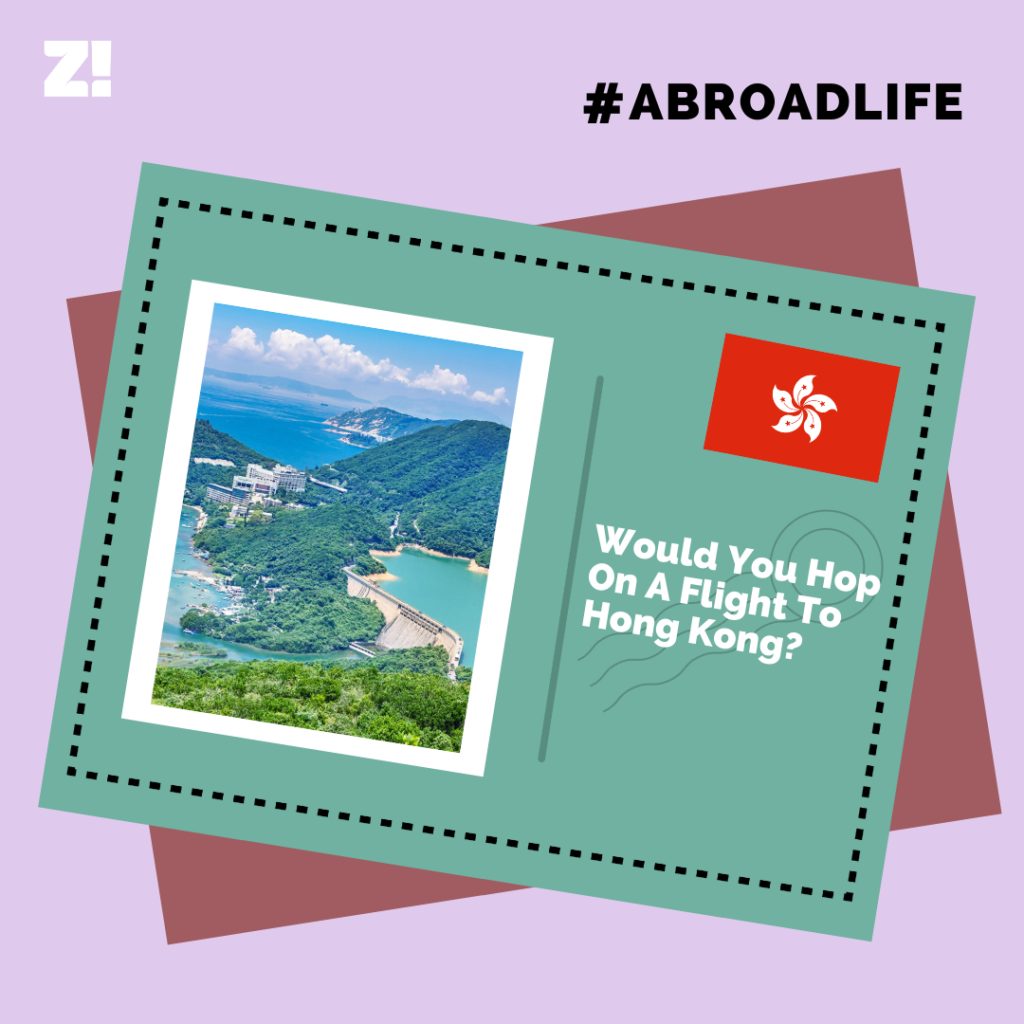
Guys, there’s greenery. They have parks (parks!) of all shapes and sizes.
Their landscape allows for hiking and there are beaches. Accessible ones too! You probably won’t need to bribe a tout to let you and your friend in, for ₦1200 in the afternoon. Must be nice.
Safety
I read about Hong Kong’s great public safety from multiple sources. However, I stays woke, and you would probably do well to follow that. You can never be too careful. Mace is ace is my watchword!
Cons of Living in Hong Kong
Using the same argument I employ to explain why my seafood okra doesn’t slap as hard as my efo, everything can’t be good.
This is why, for all its plus sides, living in Hong Kong can be a bit of a downer.
Here are the cons of Living in Hong Kong.
Hong Kong is crowded
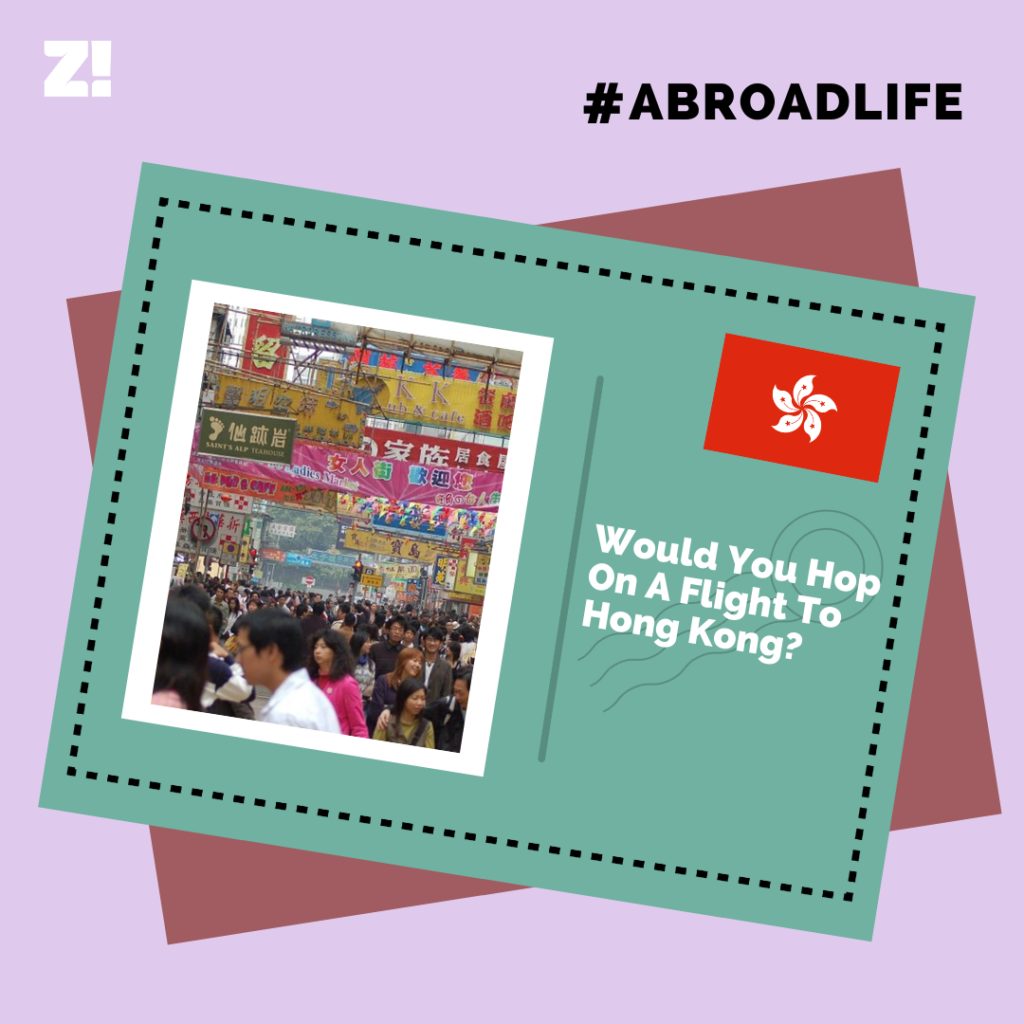
Hong Kong is small with a large and growing population of around seven million. It’s bound to be crowded. If you’re really against crowds, make sure to avoid areas like Central, Mong Lol, Trim shua Tsui which are the most densely populated parts of Hong Kong.
Work hours are crazy
Bruh, if you’re looking to work here, all the best. The traditional 9-5 doesn’t quite cut it in Hong Kong. From what I read, the people of Hong Kong work very hard and also want to maintain the illusion of doing so. This means some workers don’t leave until their supervisors do so, while others are just downright resilient with their work. Good for them!
Housing is so pricey sis!
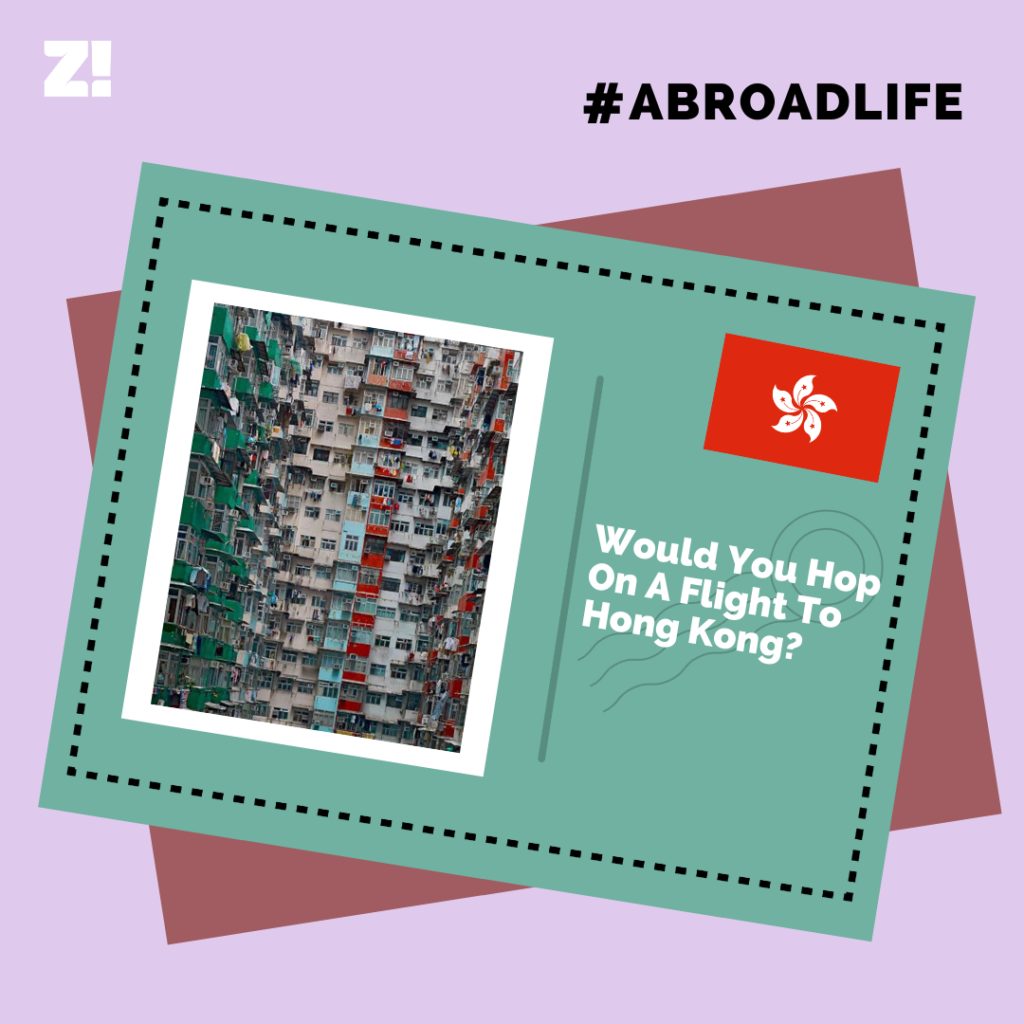
Unless you’re living in local/rural-ish areas like Kowloon and the New Territories, rent in Hong Kong could cost you almost half of your monthly salary for a truly small space. That aint right.
Pollution levels are too damn high
Hong Kong’s pollution levels are some of the highest in South East Asia. Das not good. Most of the city is covered in fog brought on by emissions from industrial plans, marine traffic and vehicles.
How do I get a Visa to Hong Kong?
You get a visa to China, which we’ve spoken about here and here with people who shared their individual experiences.
Now we’ve examined the pros and cons of life in Hong Kong, but a major thing to look out for, like I mentioned early in this post, is what makes it a great place to weather out a global pandemic, like the one currently refusing to let go of our necks, (almost literally).
Gotten from this great post on Twitter, here’s a quick summary of the Hong Kong Coronavirus efforts for travellers coming into the country:
All passengers into the country the country must carry out a self-test at the airport. This is after filling out a health declaration form, downloading an app and being fixed with a tracking bracelet and thermometer to name a few. This process, carried out within the airport will take about 8 hours.
All entrants into the country must go through a mandatory 14-day quarantine, where before their entry into the building they live in or are simply visiting, they must be sanitised and disinfected; together with their luggage. The app and bracelet track movement within that time and most efforts to outsmart either option usually fail.
So there you have it, tourist destination, global pandemic wrangler and all round neat place to live. Would you visit Hong Kong?
Want more Abroad Life? Check in every Friday at 9 A.M. (WAT) for a new episode. Until then, read every story of the series here.


